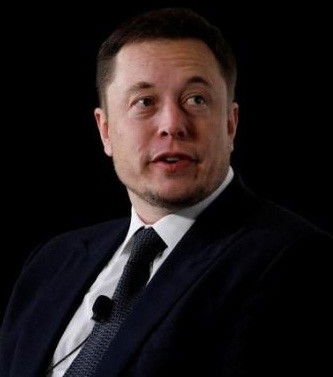Technology
Not running harassment campaign against Musk: US SEC tells court

San Francisco, Feb 19 : After Tesla and SpaceX CEO Elon Musk alleged that the US Securities and Exchange Commission (SEC) is running a aharassment campaign' against him, the commission has denied any such move.
In a letter submitted to a federal judge on Friday, the SEC said that it is not running any harassment campaign against Must or Tesla, reports CNBC.
Earlier in a letter sent on behalf of Musk and Tesla to the court, his attorney Alex Spiro suggested the SEC had been ignoring their duty to remit that $40 million to Tesla shareholders.
The SEC's Stephen Buchholz replied Friday, saying "the agency was actually making progress on that task, which was fairly complex".
The SEC letter argued that "Tesla was not following proper procedures to challenge any subpoena the agency had issued as an independent regulator, aside from the court proceedings".
Musk's attorneys had made the allegations in a letter to Judge Alison Nathan, who oversaw the 2018 settlement with the SEC over a controversial tweet by Musk that said he had funding secured to take Tesla private, reports The Verge.
"Worst of all, the SEC seems to be targeting Mr. Musk and Tesla for unrelenting investigation largely because Mr. Musk remains an outspoken critic of the government," read the letter.
Musk and Tesla wrote to the Southern District of New York court accusing the SEC of conducting a "harassment campaign".
The regulator allegedly broke a promise to pay Tesla shareholders $40 million as part of its 2018 settlement with Musk over his controversial tweet.
Musk was charged with making false and misleading statements, ordered to pay a $20 million fine and required to step down as Tesla chairman for three years.
According to the SEC's complaint against him, Musk tweeted on August 7, 2018 that he could take Tesla private at $420 per share -- a substantial premium to its trading price at the time -- that funding for the transaction had been secured, and that the only remaining uncertainty was a shareholder vote.
The SEC's complaint alleged that, in truth, Musk knew that the potential transaction was uncertain and subject to numerous contingencies.
Musk's misleading tweets caused Tesla's stock price to jump by over six per cent on August 7, 2018 and led to significant market disruption.



































